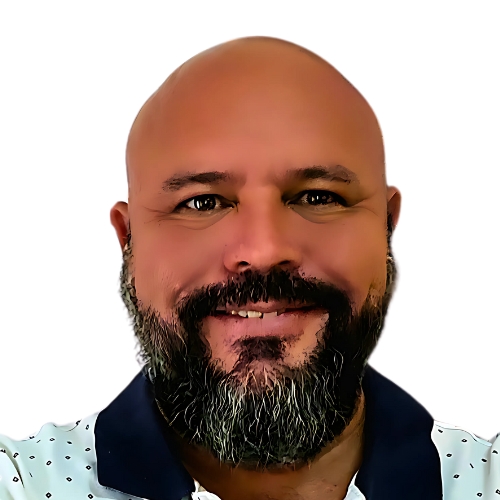Incompetence in leadership in African countries is a reflection of the leadership culture
It is not disputable that Africa is the poorest continent in the world, and the richest in terms of natural resources. Today the image of this blessed continent is battered by corruption, nepotism and a leadership crisis. Corruption has tragically devastated African societies and made millions of people destitute. The tentacles of corruption have reached everywhere on the African continent. We find corruption in the offices of presidents and prime ministers to the smallest administration unit of government. Businesses, and even the church, are not excluded. Crucial to this crisis of corruption engulfing the African continent is the problem of purposeful leadership that could act as architect and engineer of progressive change and development.
Incompetence in leadership in African countries is not only the problem of people who occupy positions in government but it is also a reflection of the leadership culture. We’ve had different leaders with the same results for decades. The power distance that exists between leaders in government and citizens is also apparent in organizations and families. In such a structure, leaders don’t serve; they are served because occupying leadership positions make leaders superior and unaccountable to the people they lead.
Africa needs leadership development systems, and it is incumbent on development partners and global leaders to understand how cultural differences affect these. The success of one’s country to a great extent depends on the quality of leadership one has. Africa needs leaders that are committed to the improvement of the welfare of their citizens.
EMIT is a Community Transformation Organization that was born in Africa for Africans. We understand African culture and its challenges. EMIT develops servant leaders that are effective agents of change in all spheres of society. Our students are vibrant, dynamic and committed leaders with a passion for influencing and transforming their communities.
